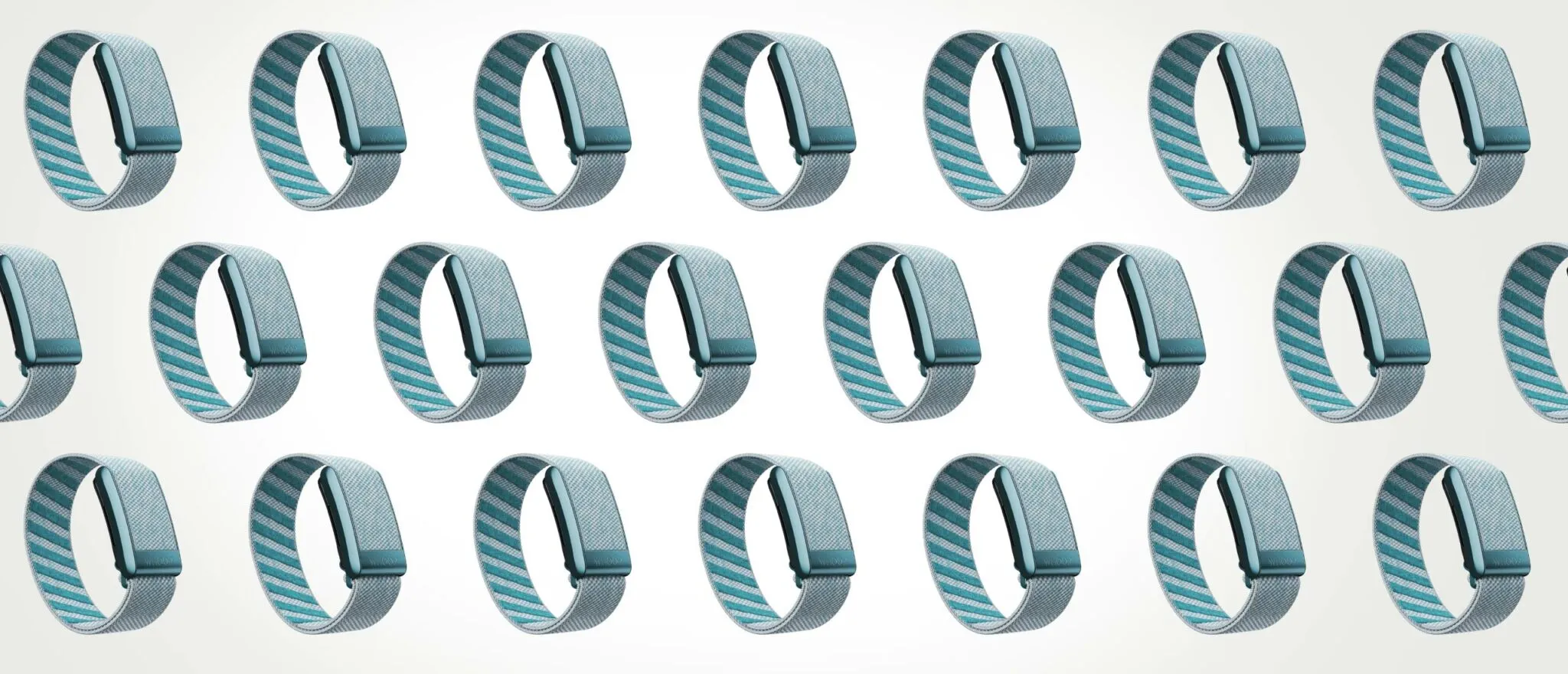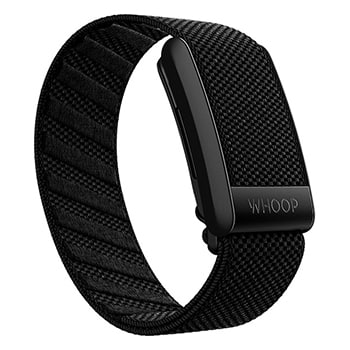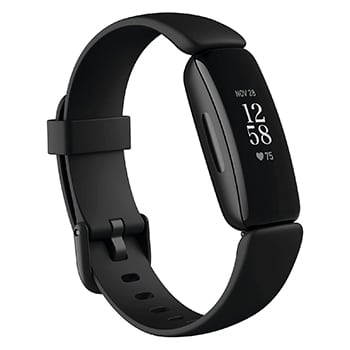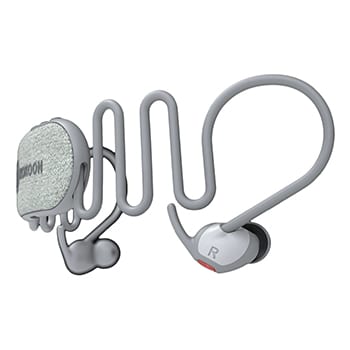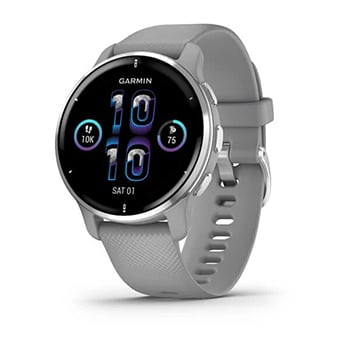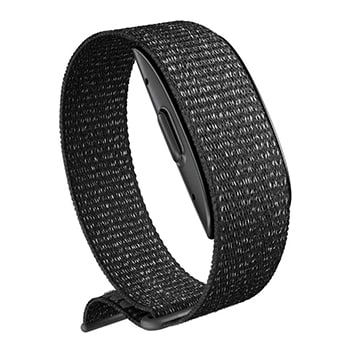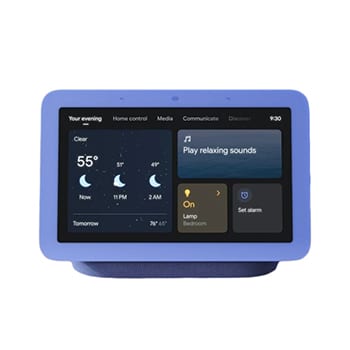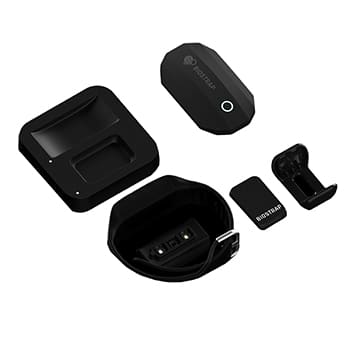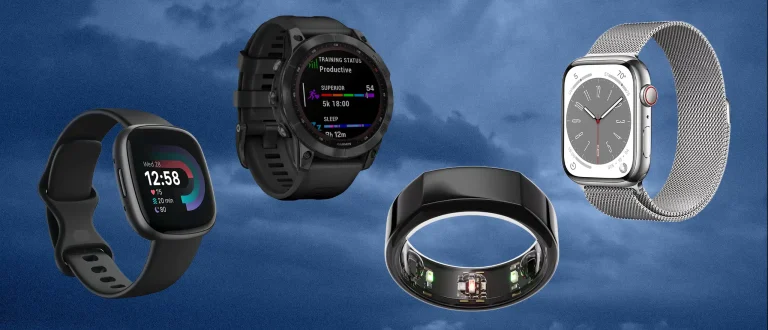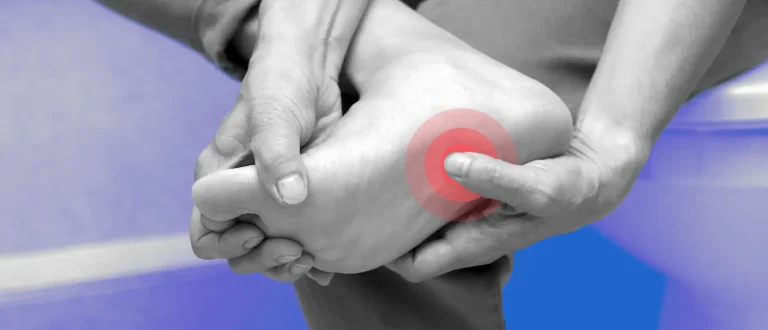Our product recommendations are selected by editors, tested first-hand, or expert-approved. We may earn a commission through links on our site.
At this point, we’re all well aware of how crucial a good night’s sleep is for everything from our mood to our waistline. If you’re looking to become a better sleeper, one way to begin is by familiarizing yourself with your sleep habits—where you are and where there’s room for improvement. Enter sleep trackers. These devices—wearable and non-wearable—do exactly what their name suggests: They track what happens between bedtime and morning. More specifically, sleep trackers, like the ones on this list, monitor sleep duration, sleep quality, sleep phases, and more.
Are Sleep Trackers Worth It?
It depends on the person. If you’re someone who gets a solid eight hours a night and never feels under-rested, you probably don’t need a sleep tracker; your body knows how much rest it needs, and it ensures that happens. If you’re not a great sleeper, a sleep tracker can make you more mindful and aware of the potential reasons for your subpar shut-eye.
What Are the Limitations of Sleep Trackers?
It is important to keep in mind, though, that there are limitations to sleep trackers. As the experts at John’s Hopkins Medicine point out, sleep trackers don’t measure your sleep directly, they measure inactivity as a surrogate for estimating sleep. For exact data about your sleep habits, you’d have to do a medical sleep study, which monitors brain waves to analyze the stages of sleep you cycle through during the night. Such studies are helpful for diagnosing conditions like sleep apnea and other sleep disorders. (If you’re concerned your sleep issues are caused by an underlying health problem, consult your doctor.)
Still, if you’re interested in learning more about your sleep routine or you’re curious about biohacking (‘hacking into your biology’ or using what we know about science and our bodies to make changes to our health and get different results), there’s no harm in picking up a sleep tracker of your own. Here, ten of the best models on the market in 2022, starting with our pick for best overall sleep tracker, the WHOOP 4.0.
Our Overall Top Pick Sleep Tracker:
WHOOP 4.0, $30/Month
WHOOP is not your average tracker for a number of reasons. First, you wear it on your wrist like you would a watch, but there’s no screen, just a compact sensor on a comfortable band that many users report forgetting they’re wearing (the sensor can also be detached from the band and used with compression tops, leggings, sports bras, etc.). Next, it tracks way more than just calories burned, hours slept, or steps taken. The 4.0 model compiles all of that data, but it’s also designed with new biometric tracking that monitors skin temperature, blood oxygen, and more. One of the coolest sleep features is the ability to set a haptic alarm that gently vibrates to wake you at the optimal time based on your sleep needs and cycles. All that tech doesn’t come cheap. Whoop used to retail for hundreds of dollars a band, but the company has since shifted to a subscription model, where you pay $30 a month with an upfront commitment of 12 months. (Membership includes access to the WHOOP app which gives personalized recovery, strain, and sleep insights in addition to built-in coaching features and reports.)
The Other 9 Best Sleep Trackers
Oura Ring Generation 3
Best Sleep Tracking Ring
At a steep $300, you really get what you pay for with this luxury tracker—starting with the option to order a ring sizing kit to ensure the perfect fit. Once you have your real ring, it’s time to lose yourself in all the data and findings Oura provides. The data your Oura collects culminates in your three daily “scores”: sleep (How’d you sleep last night?); activity (How are you balancing your activity, inactivity, and rest?); and readiness (How much can you and your body take on?). The app’s interface is a breeze to understand and Oura is a great option for those who prefer a more discreet option than a traditional tracking watch.
Fitbit Inspire 2
Best Battery Life
Fitbit has been a leader in the wearable tech space for years, so it’s no wonder itsInspire 2 model, is one of the best for tracking sleep—specifically for those not looking to spend an arm and a leg. Still, despite the budget-friendly price, this tracker gets the job done, allowing you to track your steps, distance, hourly activity, and calories burned for up to ten days on a single charge. It also has tools for better sleep, like the ability to track your time in light, deep, and REM sleep, calculating a Sleep Score to better understand your sleep quality each night. Product info:
Beautyrest Sleeptracker Monitor
Best Sleep Tracker for Couples
Powered by AI, the Beautyrest Sleeptracker is a non-wearable device with two small sensor pads that sit under your mattress and link up to your Amazon Alexa device so you and your partner can gain insights about your sleep habits. Highly accurate sensors—compatible with any mattress, box spring, or bedding—analyze and monitor respiration and heart rates as well as unique sleep behaviors like body movement and wakefulness. From there, it distills its findings into individual reports for two separate sleepers, even going so far as to tell you what time you should be waking up for optimal wellbeing. The price for a two-person device doesn’t hurt either.
Kokoon Nightbuds
Best In-Ear Sleep Tracker
If you’re not sold on the idea of wearing a ring or watch 24/7 to collect sleep data, the Kokoon Nightbuds will be right up your alley. They sit snugly in your ears (with a band that goes around the back of your head), and work to block out any noise—including street traffic or a partner’s snore. The device gathers data (such as sleep efficiency, length, and quality) and funnels it into a daily summary in the MyKokoon app.. In addition to their noise-canceling abilities, they also link up to any Bluetooth-enabled device, so you can lull yourself to sleep while listening to a favorite playlist or podcast. Once the Nightbuds sleep sensors detect you’re falling asleep, they’ll fade and turn off your audio.
Withings Sleep Tracking Mat
Best Non-Wearable Sleep Tracker
Another great non-wearable option, the Withings mat is a thin pad that you place under your mattress that offers sleep cycles analysis (deep, light, and REM), heart rate tracking, and snore detection. It also features IFTTT integration, which allows you to connect it to other devices so you can use it to dim lights when you go to bed and turn up your thermostat when you get up. Reviewers rave about how accurate the mat is—regardless of how thick their mattresses are—with one writing, “It’s the accuracy that [puts] Withings over the line—it tracks sleep really effectively and lets you know when you’ve not had a good night’s sleep, so that you can try to rectify it.”
Garmin Venu 2 Plus
Most Splurge-Worthy Sleep Tracker
Customization is the name of the game with this pricy Garmin model. First, let’s talk about a few of the non-sleep-related features: With the Venu 2 Plus, you can make calls and/or send texts from your wrist when the watch is connected to a smartphone; make use of 25 preloaded sports apps to keep your workouts fresh; and even store your music on your watch. Where sleep is concerned, this Garmin gives you a score for your sleep quality and insights on how you can do better and lets you keep track of the different sleep stages as well as heart rate, stress, and respiration. There’s also a Pulse Ox3 sensor to spot-check your blood oxygen saturation at any point to show how well your body is absorbing oxygen. If we’re talking about aesthetics, the possibilities are almost endless with this watch: Choose between 17 colors, which can be switched up even further by purchasing different bands.
Amazon Halo Band
Best Budget-Friendly Sleep Tracker
Amazon’s wildly affordable take on a sleep tracker is no-frills, sure, but it’s a great place of entry into the sleep tracking or biohacking worlds. The Halo Band includes access to basic features like steps, heart rate, sleep time, and sleep tracking, and, helpfully, is fully compatible with Amazon Alexa devices (meaning you can ask your Alexa to tell you your health summary, activity score, sleep quality, and more). Your purchase of the band also includes a six-month membership to Halo, so you can explore hundreds of workouts, sleep and nutrition programs, and the full suite of Halo tools and features. (Membership auto-renews at $4/month after those first six months.)
Google Nest Hub 2nd Gen
Best Tablet Sleep Tracker
The second iteration of Google’s smart display features a new program, Sleep Sensing, that uses Motion Sense (powered by Soli low-energy radar technology) to analyze how the person closest to the display is sleeping based on their movement and breathing. Sleep Sensing can detect sleep disturbances like coughing and snoring or the light and temperature changes in the room with Nest Hub’s built-in microphones and ambient light and temperature sensors, so you can better understand what’s impacting your sleep. Every morning, you’ll receive a personalized sleep summary on your display, or you can view your sleep data anytime on the Nest Hub by asking, “Hey Google, how did I sleep?” You can also connect your Nest to the Google Fit app on your phone, to see your sleep summary alongside your other health and wellness information.
Biostrap Active Set
Best High-Tech Sleep Tracker
The Biostrap Active Set is for those who want every bit of information possible. One of the most advanced sleep trackers on the market, the Biostrap can be worn as a wristband or a chest strap, depending on your preference. Described as a “personal health monitoring suite,” the active set provides insights on sleep quality (combining all your sleep metrics into an overall score ranging 0-100), recovery (representative of your ability to face stressors on a given day), and nocturnal biometrics (heart rate, heart rate variability, oxygen saturation, respiratory rate), while also allowing you to track accurate real-time heart rate (HR) and heart rate variability (HRV) data with your dedicated heart rate monitor (HRM) sensor during exercise. Yep, it’s a lot of information, but if you’re a dedicated biohacker, it’s worth the splurge.

